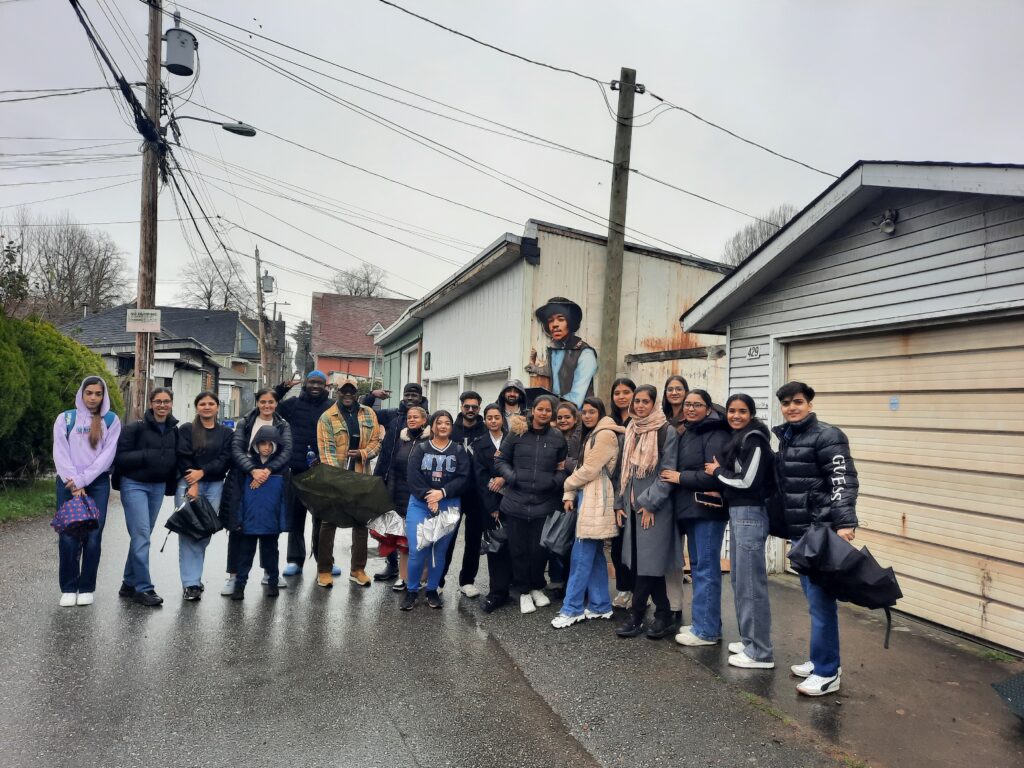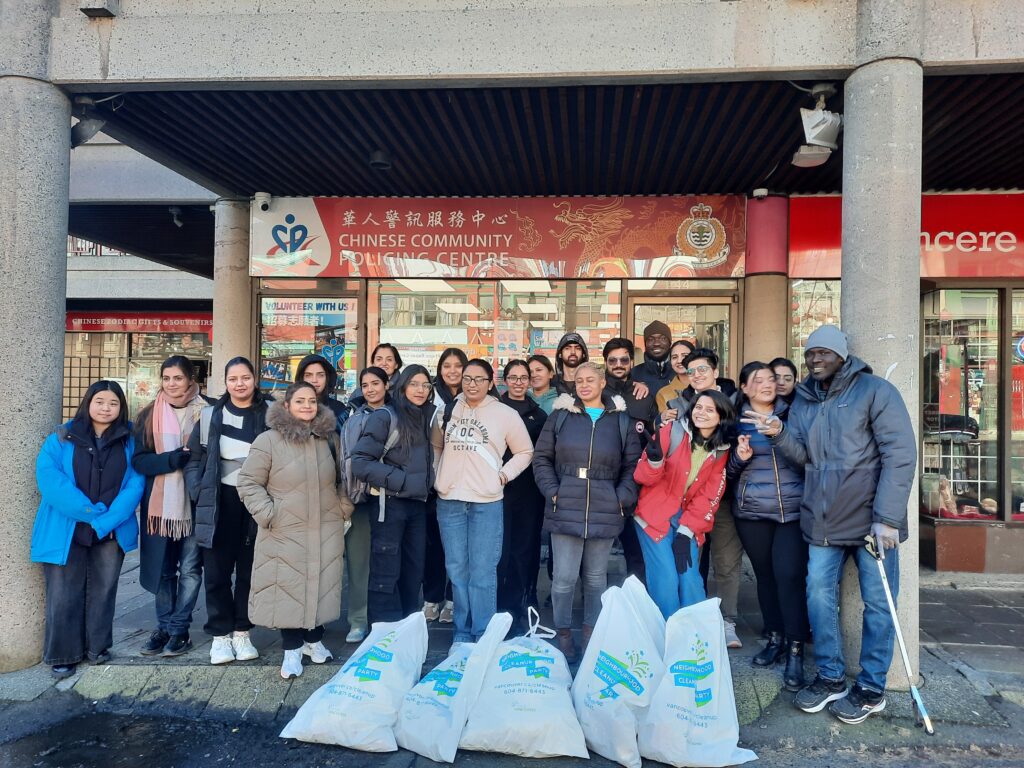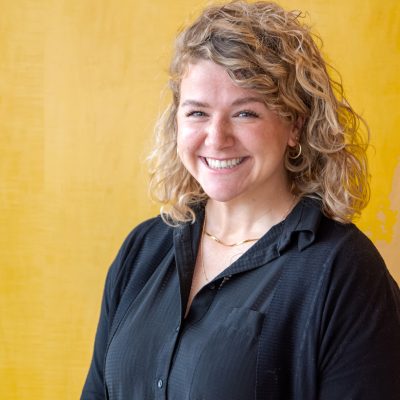Community-Engaged Learning for Criminology Students
- by Nina Bennett and Sunny Mangat |
- 2 mins read
Laws 1203 is an introductory course in criminology which explores the relationship between crime and society. Throughout the course students focus on concepts and theories. For example, the social construction of crime and deviance and how it can relate to processes and practices of colonialism or applying conflict theories in order to understand, develop and create strategies for crime prevention and control. It is a neat course that introduces students to multiple perspectives to the study of crime and criminal behaviour.
Nina Bennett, program manager for Work-Integrated Learning at JIBC talked with Dr. Sunny Mangat.the LAWS-1203 instructor and Lead Instructor in the Law Enforcement Studies programs, about this course and how it reflects community-engaged learning.

Why did you decide it would be good to add community engaged learning to your course?
I thought community engaged learning would be great for this course, because it will allow students to see and understand how the concepts and theories can be applied in real life. Community engaged learning allows the concepts and theories come to life and allows the students to be more critical of social issues within the context of criminal justice. Moreover, and probably the most important is that community engaged learning challenges students to reflect on their own biases, perceptions and constructions of criminality and deviancy because it is through these experiences they directly see the impact of historical, structural and systemic injustice and the impact it has on real people – not something they are reading in a book or what they see on social media/tv/movies. They are getting opportunities to learn directly from stakeholders and community members. And that type of learning cannot be done through a textbook.
Why did you use the two partners?
We used these two partners because of the unique opportunity they provide students to work alongside community policing and within in marginalized communities. This is an introductory course for PDBLES and the students who take this course are new to Canada and is taken in their first semester. For that reason, working with Chinatown Community Policing center and Hogan’s alley gives them the opportunity to learn about the history of the Vancouver DTES from organizations directly working in these areas and this experience supports them to be more critical of the way in which the DTES is presented in the media or public perceptions and how entire communities are often criminalized. Working with these two specifically, is that they provide different perspectives of the DTES one is focuses on the history of the area and how the area evolved to where it is now and the other provides the students with experiences to engage with community members and what it is needed to build a community where people feel safe.
What did you hope the students learned through this experience?
My hope for students is that this experience challenges their ideas, thoughts and perceptions of criminality. It begins the process of reflection and reflexivity which is fundamental to academia and for those wanting to work in the criminal justice system. To step away from a single view of crime and criminality and understand the complexities of crime and criminality, will make them better academics, officers, lawyers, probation officers etc.

What would you like other faculty to know about WIL and working with the WIL office?
I think faculty should know how rewarding the process is, having students learn and apply what you teach them in the classroom and to be able to see that transformation in students, sometimes even on the spot of how those teachings apply in the real world cannot be replicated solely in the classroom and it’s a surreal experience as an educator to see that. Moreover, working with the WIL office is incredibly easy and it is a good opportunity to be creative to see how you can take your work into the world. Not to mention Nina is so wonderful! What I like about working with Nina is that you can give her an idea, that may sound bizarre and perhaps even unrealistic but she finds a way for it to come to life. It does require future planning but once you do that it becomes easy. And I would not teach any other way.
Want to continue the conversation? Reach out to wil@jibc.ca to connect!
About the Authors
- Sunny Mangat | Lead Instructor for the Law Enforcement Studies






